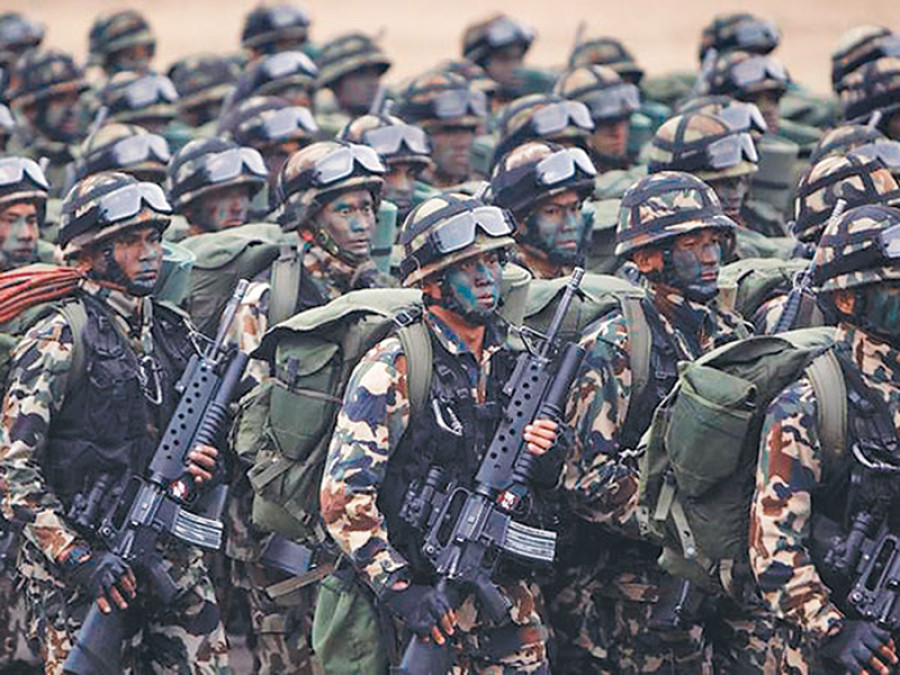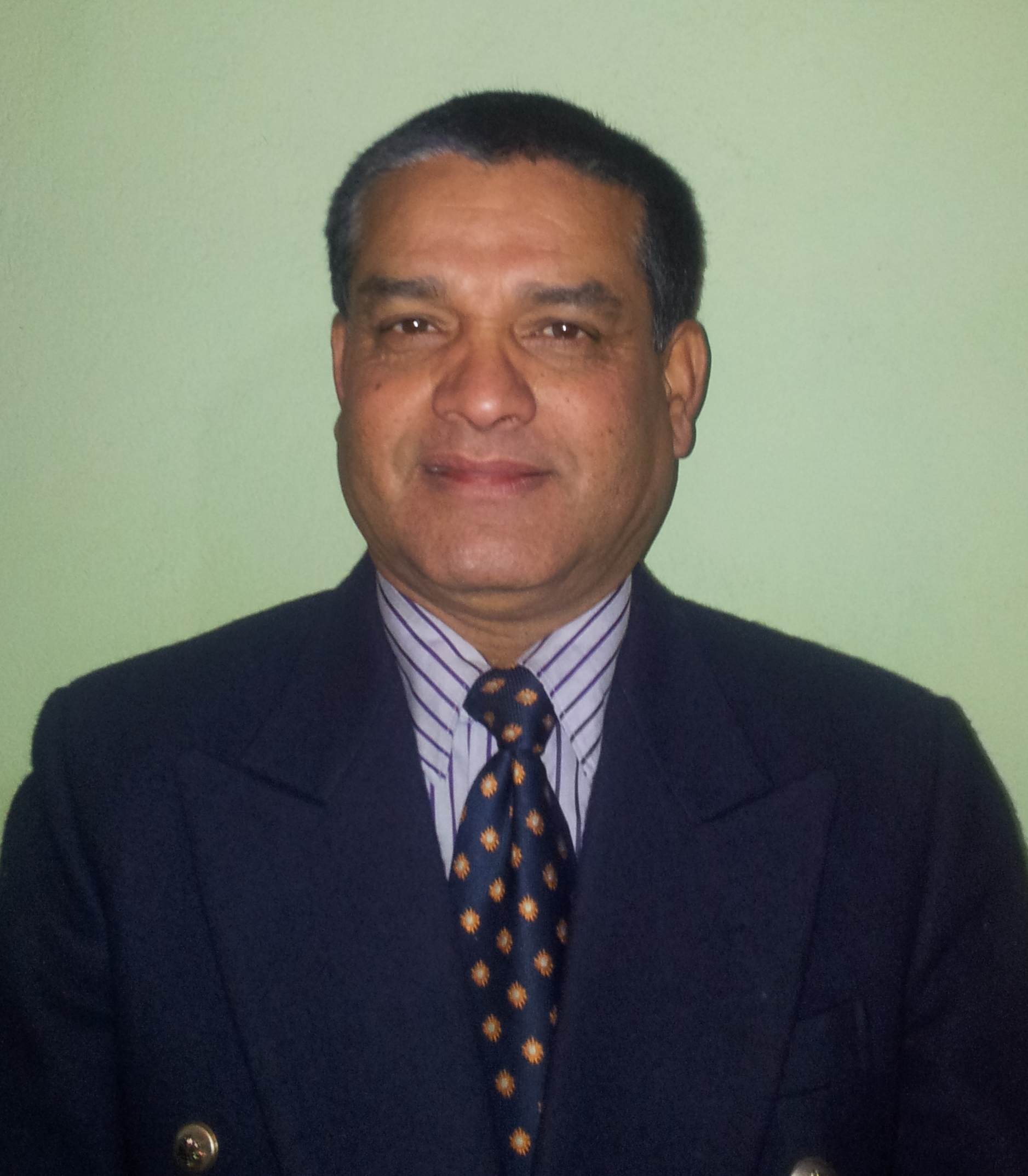Opinion
Traditional roles
The Nepal Army (NA) has not been able to secure a strategic perspective position in the changed context of a post-monarchy era and democratic republican set-up due to the same reason military thinker BH Liddell Hart was referring to when he said,
Suresh Sharma
The Nepal Army (NA) has not been able to secure a strategic perspective position in the changed context of a post-monarchy era and democratic republican set-up due to the same reason military thinker BH Liddell Hart was referring to when he said, “The only thing harder than getting a new idea into the military mind is to get the old one out.” The feeling among the general public is that the NA did not play a crucial role when strategic decisions were made in the country, like when the state restructuring mechanism was designed, the constitution was written and other matters of national importance were resolved.
During a recent programme, a senior political leader openly criticised this mechanism although he was one of the decision makers at that time. There is historical evidence that the NA has been a key stakeholder since the time of unification. The NA’s sovereignty was never questioned due to its strict compliance with the decision making process on various core national issues. The military, being one of the key and vital elements of national power, needs to be involved in national issues.
Victory without battle
Till the 18th century, warfare was characterised by area, force and objectives. Currently, however, military theory is characterised more by the idea of victory without battle. To reinforce this statement, the institution must have a great deal of professionalism. When an ill-trained soldier gets killed because he fires his gun accidentally, and a military plane designed for operational manoeuvres is inappropriately used to transport supplies for a contractor, that cannot be called professionalism. The same is the case when military units are utilised in sectors where civilians can be better utilised. Wrong decisions made at the strategic or operational level should not jeopardise professionalism at the tactical level.
Many more examples may be discovered if an in-depth study is carried out by the concerned branch of NA headquarters. Allocation of national resources must be done wisely after making an in-depth analysis of the necessity and priority and considering possible alternatives. The Chief of the Army Staff (COAS) should not be involved in micromanagement of the organisation. Middle management in the organisation is obliged to fulfil such tasks where the NA needs to be made more flexible, agile and professional by providing training to all ranks. The involvement of leaders at the highest decision making process is preferred.
Military formations and units are by and large dedicated to fulfilling strategic objectives. The leadership will always be impatient to see a well built and robust unit. The leaders of both layers are considered to be highly qualified in this regard. A top-down approach of the directives and their implementation is also equally important. A zero-defect mentality prevents commanders at the lower levels from reporting difficulties or weaknesses experienced in their units. Therefore, the problem remains as before, and neither the Ministry of Defence nor NA Headquarters will find out about it.
Vital element
An exact evaluation is a must after launching new policies in the organisation which plays an endless role in national emergencies. The NA may invest in hydropower and become involved in many other national development programmes, but it must not forget its primary role. Military equipment like airplanes and helicopters should be used only for emergency roles. Hence, it is recommended that the operational and tactical employment of military hardware and personnel also be integrated with the national strategy. It is normal that political leaders listen to the advice of military leaders. It will be unhealthy even if a military institution gets into a political debate indirectly. As a vital element of national power, the military leadership must be given adequate time to draw conclusions in major decision making processes of strategic importance.
In the context of regional and global security environments, poor countries like ours are sure to experience more and more internal and external challenges in the future. Internal security and political challenges may become too complex to be resolved, and the external environment may also compel our political set-up to align with it. The national military strategy should determine a methodology to address vital national issues. Therefore, it is critical to make correct political decisions after consulting with the military and apply them against threats to the state. The possible consequences of such decisions must be analysed in advance before they become detrimental to our national interest.
Sharma, a retired brigadier general and former spokesperson for Nepal Army, is the CEO of the Nepal Institute for Strategic Studies




 18.12°C Kathmandu
18.12°C Kathmandu










